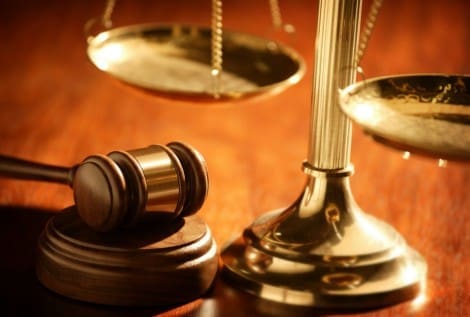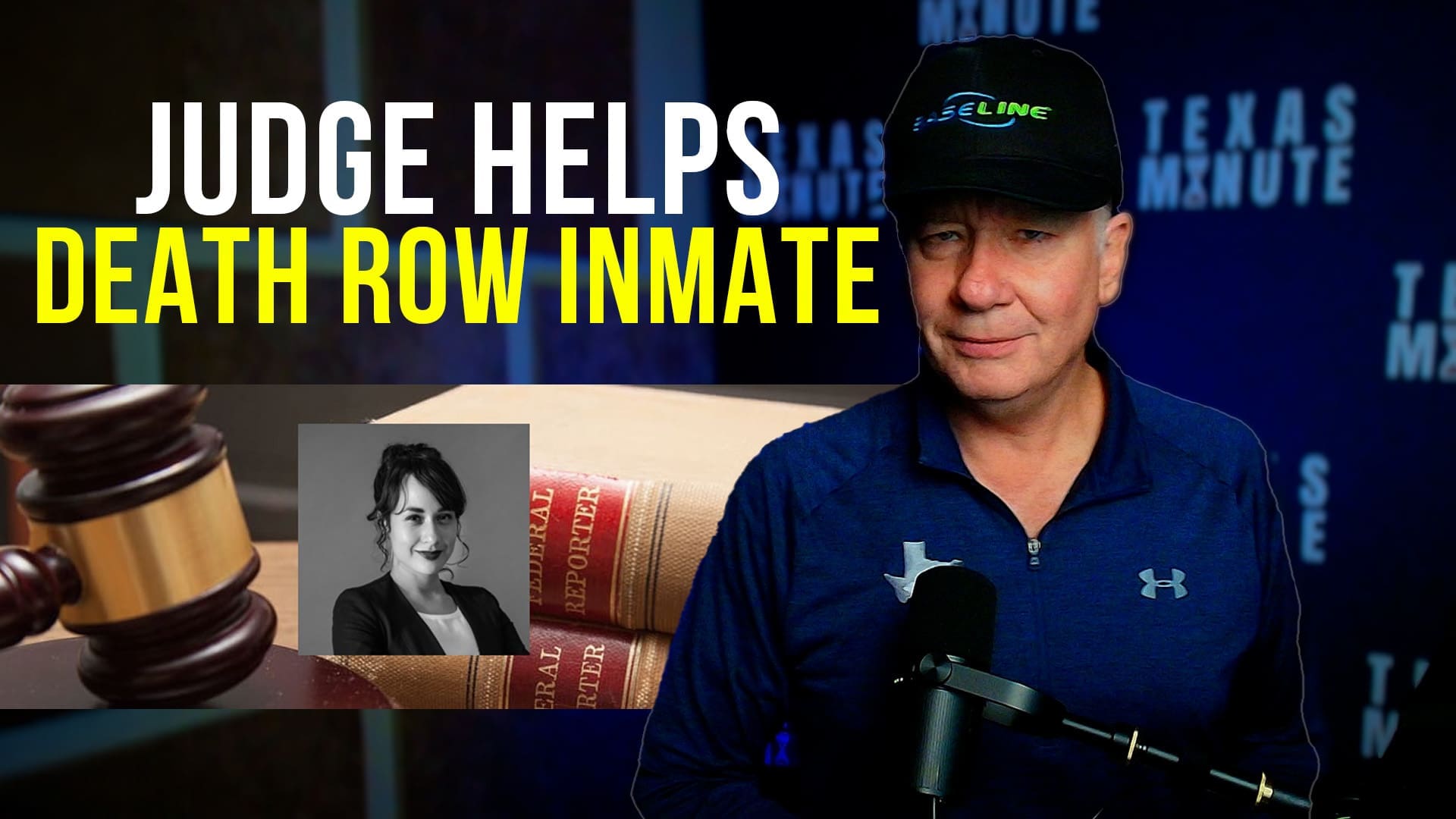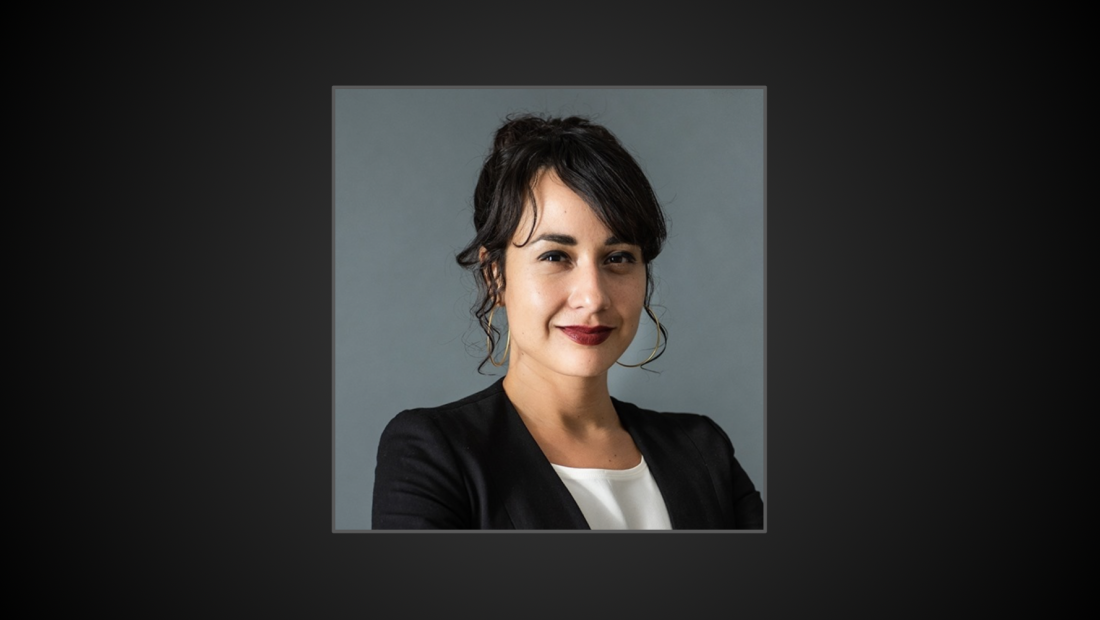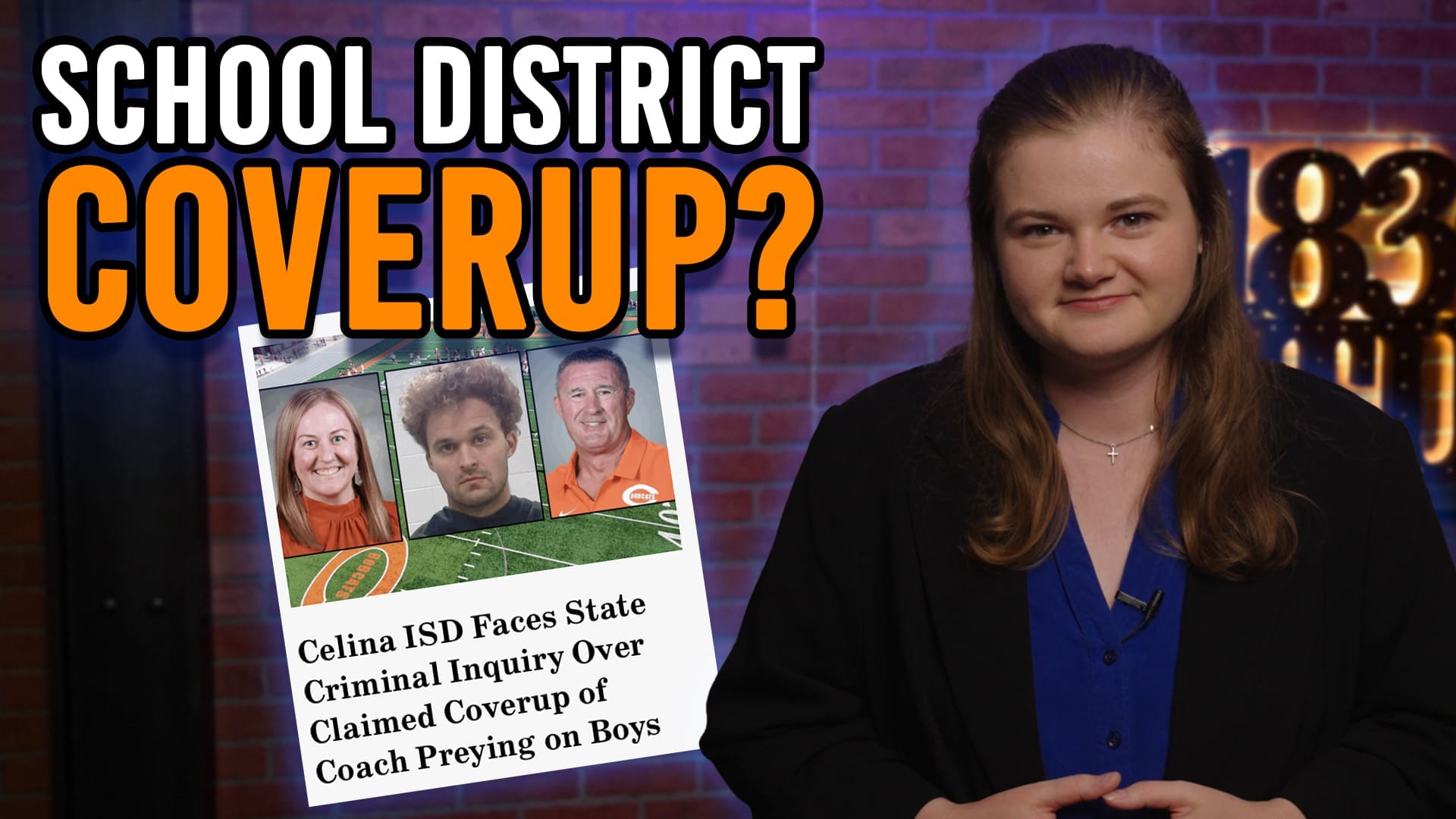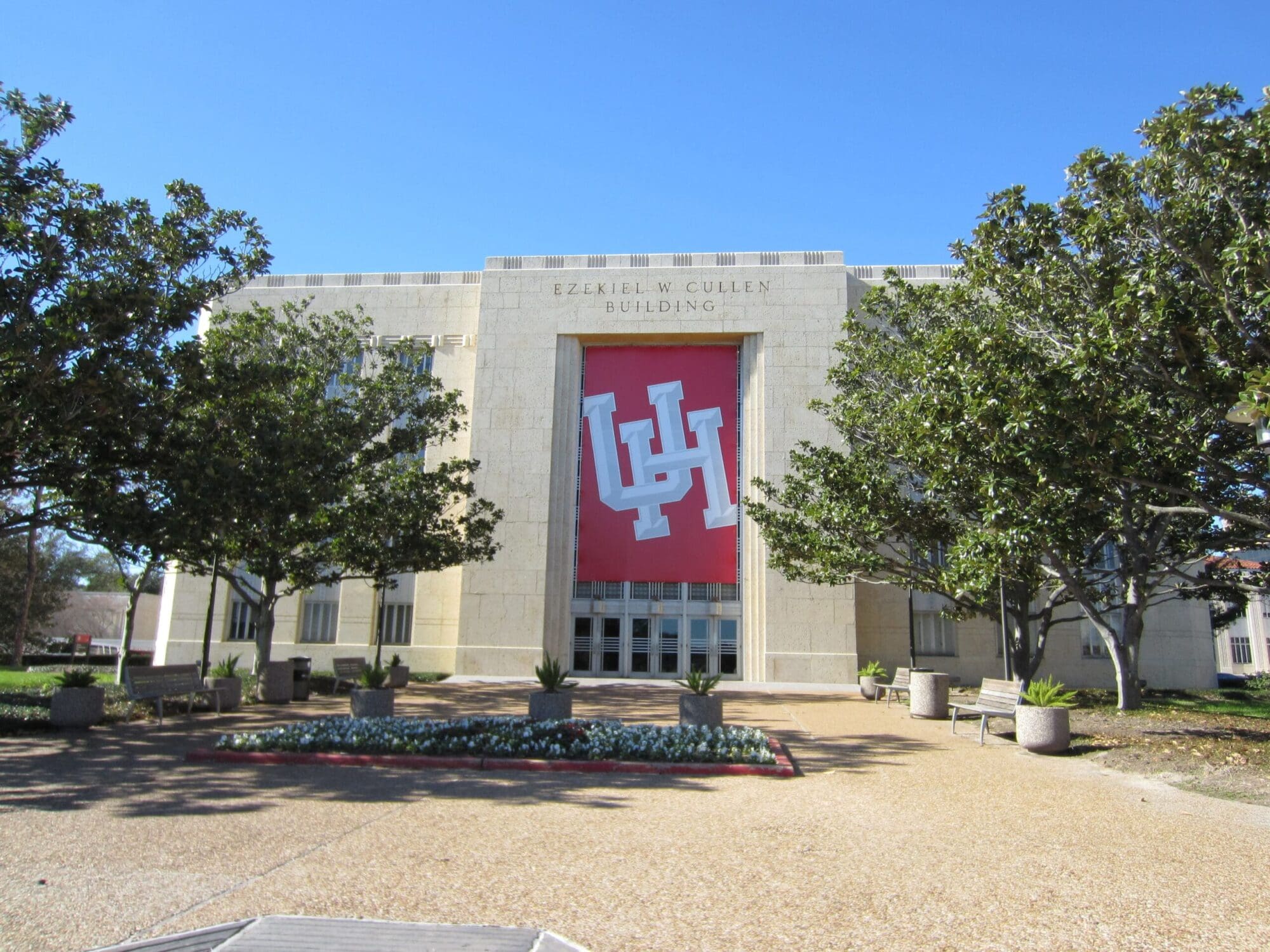Why would the City of Georgetown hide the results of a program they praise?
The city’s actions have resulted in concerned questions from residents — and most recently, a lawsuit. Georgetown is being sued for withholding an important document from the public, one that has a substantial impact on taxpayers’ wallets.
The issue began in November 2016, when resident Terrill Putnam observed several hundred solar panels installed on the roof of the city’s Westside Service Center and became interested in the panels’ financial impact on the city. Georgetown recently switched the city’s power supply to 100 percent renewable energy.
Putnam spoke with Georgetown City Councilman Steve Fought and learned of a cost impact report. A “payback analysis” had already been done on the panels, and Fought recommended he make an open records request to the city to obtain the information.
Putnam submitted his request, but the city refused to release the document, appealing to the Texas Attorney General’s Office that the payback analysis was “reasonably related to a competitive matter.” The AG’s office is obligated to accept the city’s assertion as true, and thus allowed them to withhold the document.
In response, Putnam submitted another request to the city for documents proving the payback analysis was “related to a competitive manner,” and the city conceded it did not have any evidence to support their claim. Despite that, the city has still been able to withhold the original payback analysis.
Georgetown’s refusal to release this cost impact report is puzzling, considering that local officials have praised the city’s renewable energy sources. Mayor Dale Ross, one of the biggest supporters of the initiative, even said the decision to switch to renewables was “predominantly a financial one,” suggesting the city was netting savings for taxpayers.
If the program has been such a success and cost-saver for the taxpayers, why hide the proof from the public?
“It would be great if we get this payback analysis and it turns out that these solar panels saved the taxpayers a lot of money,” said Texas Public Policy Foundation attorney Michael Lovins, representing Putnam. “But, if the payback analysis shows that the solar panels were a bad investment, then the public can take that into account. Either way, we have a right to know.”
